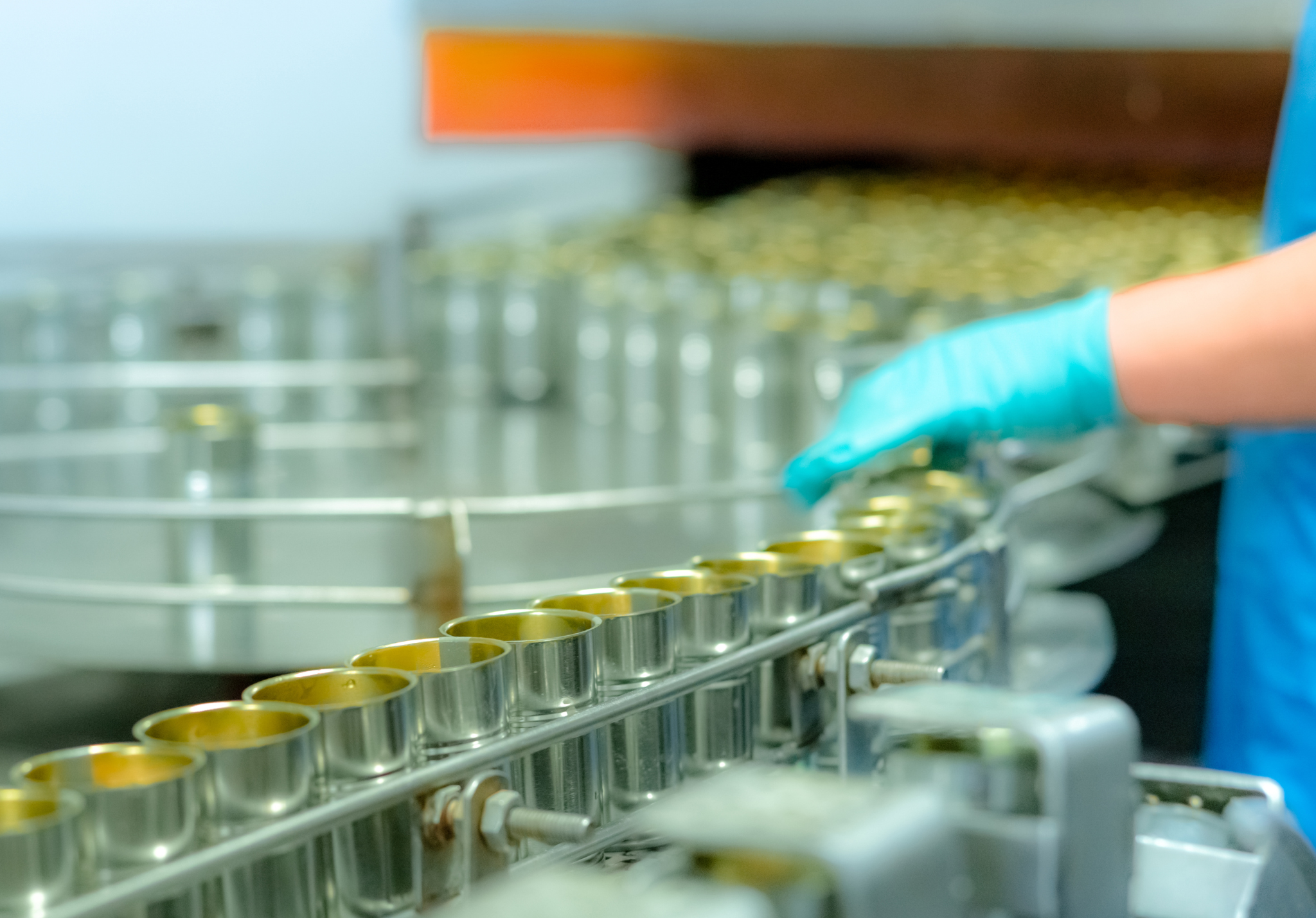Common Misconceptions About Cleaning Chemicals in the Food Industry
Chemicals used in the industrial manufacture of foods and beverages are often significantly different than those used in a home. But how are they different? Are they organic since they come into contact with food? Are they much stronger, or maybe they have to be weaker so they don’t negatively affect the food? Cleaning chemical supplier Bell Chem answers these questions and counters many cleaning myths below.
One strong chemical can clean it all.
If only life were that easy. Before a disinfectant can properly sterilize an area, the area must be cleared of debris. The initial step generally requires a cleaner, which is significantly different from a disinfectant. While a cleaner removes buildup, it does not deter microbial growth; a disinfectant takes on that role.
The surface being cleaned also must be considered. Glass surfaces often shine with an acidic cleaner, while stainless steel requires an alkaline cleaner.
Interior cleaners are the same as exterior cleaners.
Buildup outside pipes and machinery can generally be maintained with degreasers and cleansers. Inside the pipes, the constant rush of water causes clusters of mineral deposits that require descaling agents, such as hydrochloric acid or citric acid. Machinery longevity requires both internal and external care.
It is safe to manufacture similar products in the same machinery without disinfecting between batches.
Cross-contamination can significantly damage your reputation in an industry. For example, if you claim your products are gluten-free when traces of wheat remain in the mixing drum before adding oat flour, then your claim is untrue. Carefully clean all equipment with food-safe detergents before switching recipes. Rinse all equipment thoroughly afterward.
No training is needed for maintenance.
Industrial cleaning and sanitizing requires a background of the chemicals used in the process, along with knowledge on whether to use a foam, spray, or soak to maintain the strict levels of cleanliness necessary to keep foods safe for consumption.
Home cleaners are as good as industrial cleaners if you use twice as much.
The percentage of active cleansers, degreasers, detergents, and other cleaning agents is significantly higher in industrial cleaners. The level of cleanliness in a home does not need to meet the strict regulatory compliance of an industrial setting, so a less costly and effective cleaner is generally considered safe. Also, home equipment does not require the maintenance of industrial equipment; hence, a less strict cleaning schedule prevails.
Organic cleaning products are better than synthetic products.
For home use, this may be the case in some instances. For industrial settings, powerful synthetic ingredients are generally more cost-effective, less labor-intensive, and better for the equipment being cleaned.
Bell Chem is a cleaning chemical supplier based in Longwood, FL (just north of Orlando) with hundreds of products stocked in their 50,000+ square-foot warehouse, including CSANTM cleaning chemicals. You can expect the highest quality products, expedited shipping options for maximum efficiency, and unrivaled personalized customer service. Let our knowledgeable and friendly customer service representatives and accounting staff personalize all your needs by either calling 407-339-BELL (2355) or by sending us an online message.

